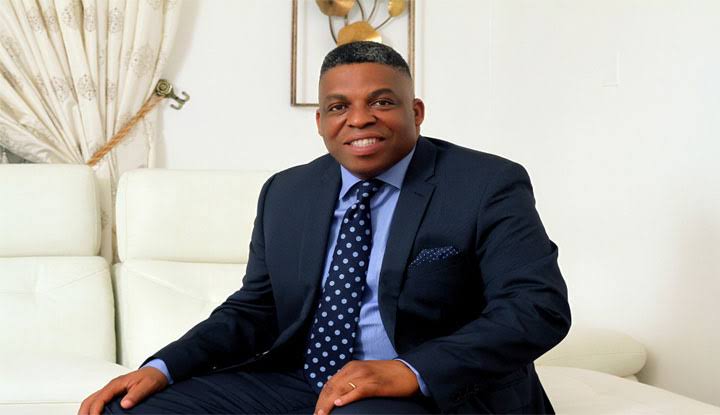Unilever Nigeria was publicly listed in 1973 after selling 60% of its shares to the Nigerian public, becoming majorly Nigerian-owned. Founded in 1923 by the Lever Brothers, the firm was primarily engaged in soap trading and production. In 1924, the name was changed to West African Soap Company.
1929, in a bid for expansion, the Lever Brothers took over the Niger Company and the African and Eastern Trade Corporation. The companies were merged to form the United Africa Company (UAC). In 1930, the Lever Bros merged with the Margarine Unie , giving rise to the name ‘Unilever’. In 1960, the company introduced Omo detergent into the market. The new product gained traction among buyers, prompting the firm to commission a factory to manufacture Omo detergents in 1964.
In the 1980s Unilever made a revolutionary restructuring by selling most of its subsidiary business to concentrate on the company’s core business. In 1982, the firm began producing edible products like Blue band, Royco, and Tree Top in Ogun State. Progressively, the company went through a period of mergers and acquisition, first by acquiring Lipton Nigeria in 1985 and later merging with Vaseline manufacturer, Chesebrough Products Industries in 1988. During this period, all its raw materials were locally sourced.
Unilever became the world’s most consumed product brand in home care, personal care and food. Their food products include Lipton, Knorr, Blue Band, Ben and Jerry, Walls, and Brooke bond. In home care, they are the producers and marketers of Surf, Sun, Radiant, Domestos and Skip. In personal care, they have Ponds, Vaseline, Rexona, Lux, Dove, Lifebuoy, Pepsodent, Sunsilk and Axe/Lynx.
The company spearheaded several initiatives across the country, including the ‘Knorr Force for Good’, initiated to educate adolescent girls and their mothers on the importance of cooking more iron-rich nutritious meals through the Knorr Green Food Steps with the hope of decreasing the prevalence of iron deficiency anaemia in Nigeria; The Pepsodent Brush Day and Night Oral health has reached over 2.5 million pupils in 4,500 government primary schools with oral care products, free educational materials, brand instruction ambassadors, and also promoted oral hygiene by educating 10 million Nigerian pupils.
Globally, the company contributed €100m ($108,390,000) in donations of soap, sanitizer, bleach and food to support those impacted by the pandemic, including a €50m ($54,200,000) donation in soaps and sanitizers to the COVID Action Platform of the World Economic Forum. It also adapted its current manufacturing lines to produce sanitizer for use in hospitals, schools and other institutional settings.
In addition to donation efforts, the company offered €500m ($541,950,000) in cash flow relief to support livelihoods across its extended value chain, through early payment to vulnerable small and medium sized suppliers and extending credit to select small-scale retail customers. The company also donated a number of products from its hygiene portfolio brands to the Lagos and Ogun State governments respectively. The products which included Omo, Sunlight, Lifebuoy, and other detergents, were donated to help boost both states’ fight against the novel COVID-19 pandemic.







Comment
No comments found.